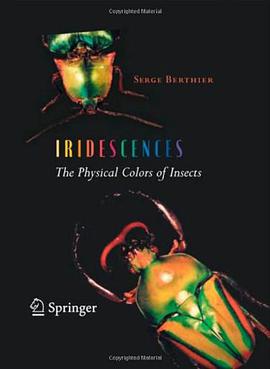

具体描述
Expressivism - the sophisticated contemporary incarnation of the noncognitivist research program of Ayer, Stevenson, and Hare - is no longer the province of metaethicists alone. Its comprehensive view about the nature of both normative language and normative thought has also recently been applied to many topics elsewhere in philosophy - including logic, probability, mental and linguistic content, knowledge, epistemic modals, belief, the a priori, and even quantifiers. Yet the semantic commitments of expressivism are still poorly understood and have not been very far developed. As argued within, expressivists have not yet even managed to solve the 'negation problem' - to explain why atomic normative sentences are inconsistent with their negations. As a result, it is far from clear that expressivism even could be true, let alone whether it is. Being For seeks to evaluate the semantic commitments of expressivism, by showing how an expressivist semantics would work, what it can do, and what kind of assumptions would be required, in order for it to do it.Building on a highly general understanding of the basic ideas of expressivism, it argues that expressivists can solve the negation problem - but only in one kind of way. It shows how this insight paves the way for an explanatorily powerful, constructive expressivist semantics, which solves many of what have been taken to be the deepest problems for expressivism. But it also argues that no account with these advantages can be generalized to deal with constructions like tense, modals, or binary quantifiers. Expressivism, the book argues, is coherent and interesting, but false.
作者简介
目录信息
读后感
评分
评分
评分
评分
用户评价
makes error theories look good once again
评分makes error theories look good once again
评分makes error theories look good once again
评分makes error theories look good once again
评分makes error theories look good once again
相关图书
本站所有内容均为互联网搜索引擎提供的公开搜索信息,本站不存储任何数据与内容,任何内容与数据均与本站无关,如有需要请联系相关搜索引擎包括但不限于百度,google,bing,sogou 等
© 2026 onlinetoolsland.com All Rights Reserved. 本本书屋 版权所有




















